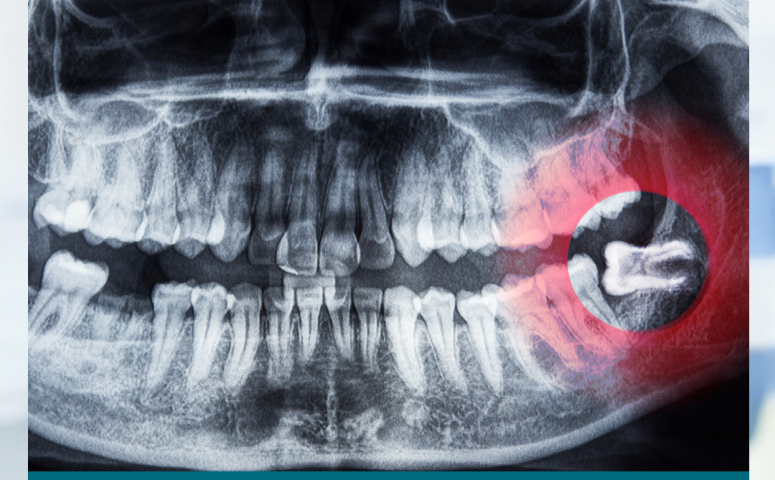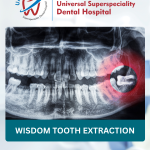Wisdom tooth extraction is a common dental procedure that many people undergo to prevent pain, overcrowding, and other oral health issues. Whether you're experiencing discomfort or your dentist has recommended removal, understanding the process can ease anxiety and help you prepare.
In this guide, we’ll cover everything you need to know—from signs you need an extraction to recovery tips—ensuring a smooth and informed experience.
Why Wisdom Tooth Extraction May Be Necessary
Wisdom teeth (third molars) typically emerge between ages 17 and 25. While some people have no issues, others face complications such as:
Impaction: Teeth trapped beneath gums or jawbone.
Crowding: Shifting of adjacent teeth due to lack of space.
Infection: Increased risk of gum disease or cavities.
Cysts/Tumors: Rare but possible if wisdom teeth aren’t removed.
Early evaluation by a dentist can determine if extraction is needed to avoid future problems.
Signs You May Need a Wisdom Tooth Extraction
Watch for these symptoms indicating potential issues:
✔ Pain or swelling near the back of your mouth
✔ Difficulty opening your mouth or chewing
✔ Bad breath or unpleasant taste (sign of infection)
✔ Red, tender, or bleeding gums around wisdom teeth
If you experience any of these, schedule a dental consultation promptly.
The Wisdom Tooth Extraction Process
- Consultation & X-Rays
Your dentist will examine your teeth and take X-rays to assess positioning and recommend removal if necessary.
- Types of Extractions
Simple Extraction: For fully erupted teeth (performed under local anesthesia).
Surgical Extraction: For impacted teeth (may require sedation).
- Procedure Steps
Anesthesia administration for comfort.
Tooth removal (stitches may be needed).
Gauze placement to control bleeding.
- Recovery Timeline
First 24 Hours: Rest, avoid straws, and eat soft foods.
3-5 Days: Swelling and discomfort subside.
1-2 Weeks: Full healing, stitches dissolve (if used).
Expert Tips for a Smooth Recovery
Follow these dentist-approved steps for optimal healing:
✅ Control Bleeding – Bite gently on gauze and replace as needed.
✅ Reduce Swelling – Apply an ice pack for 15-minute intervals.
✅ Eat Soft Foods – Yogurt, mashed potatoes, and smoothies are ideal.
✅ Avoid Smoking & Straws – Prevents dry socket (a painful complication).
✅ Maintain Oral Hygiene – Rinse with salt water after 24 hours.












